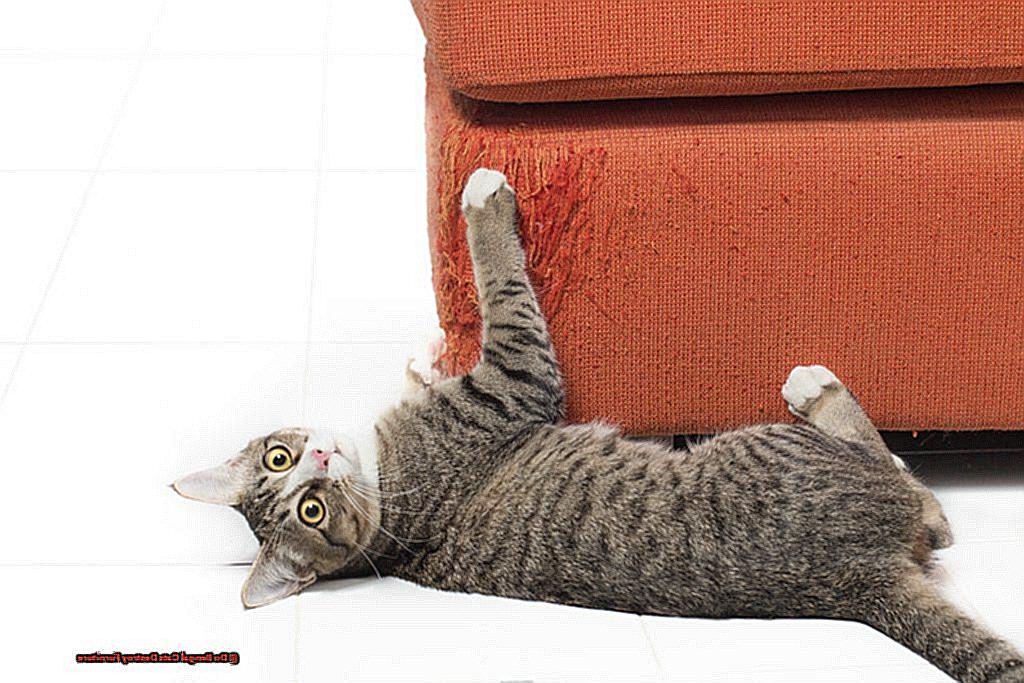Do Bengal Cats Destroy Furniture?
Bengal cats, those mesmerizing creatures with their stunning coat patterns and lively personalities, have become all the rage as companions. These feline wonders are known for their smarts, playfulness, and athleticism. But let’s get real for a second – there’s one burning question on everyone’s minds: do Bengal cats really go all Godzilla on your … Read more
